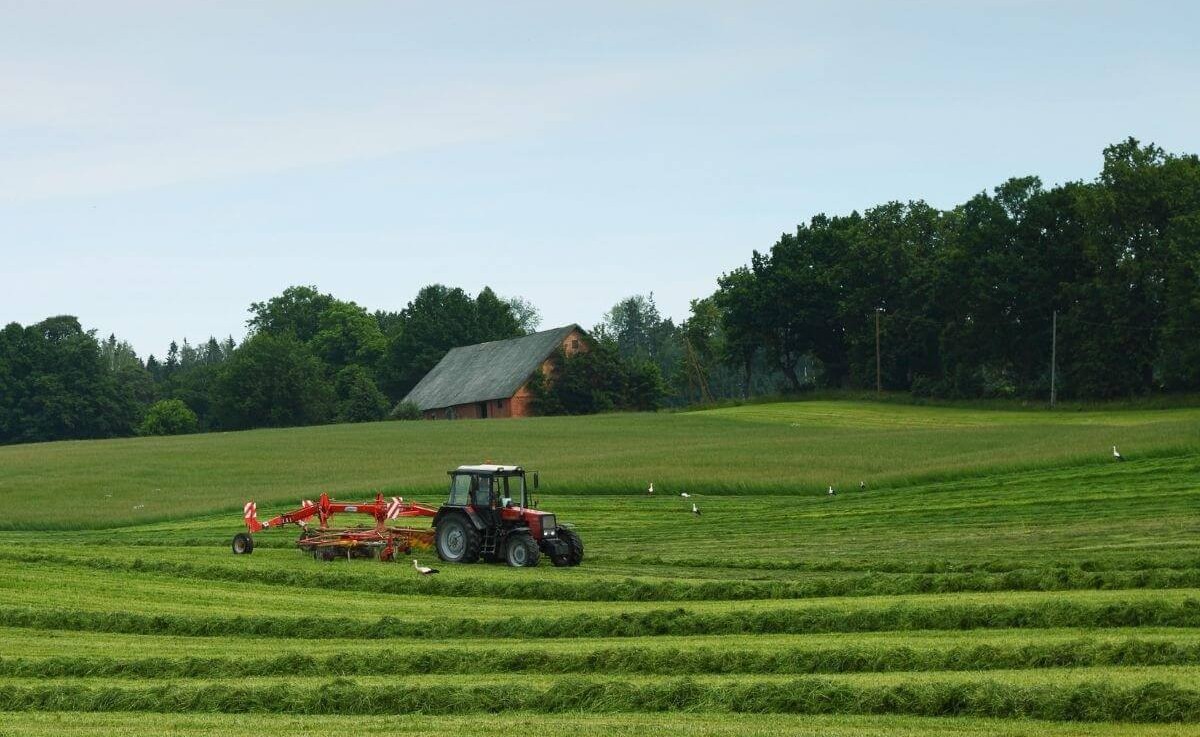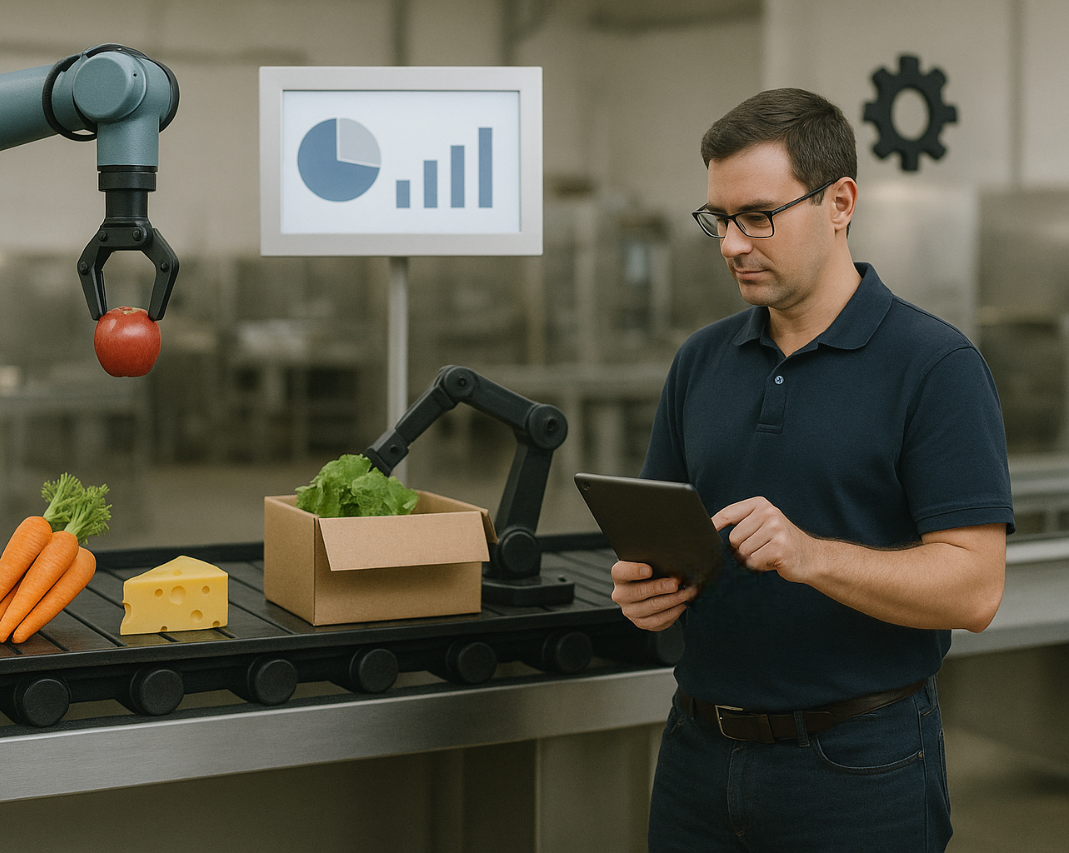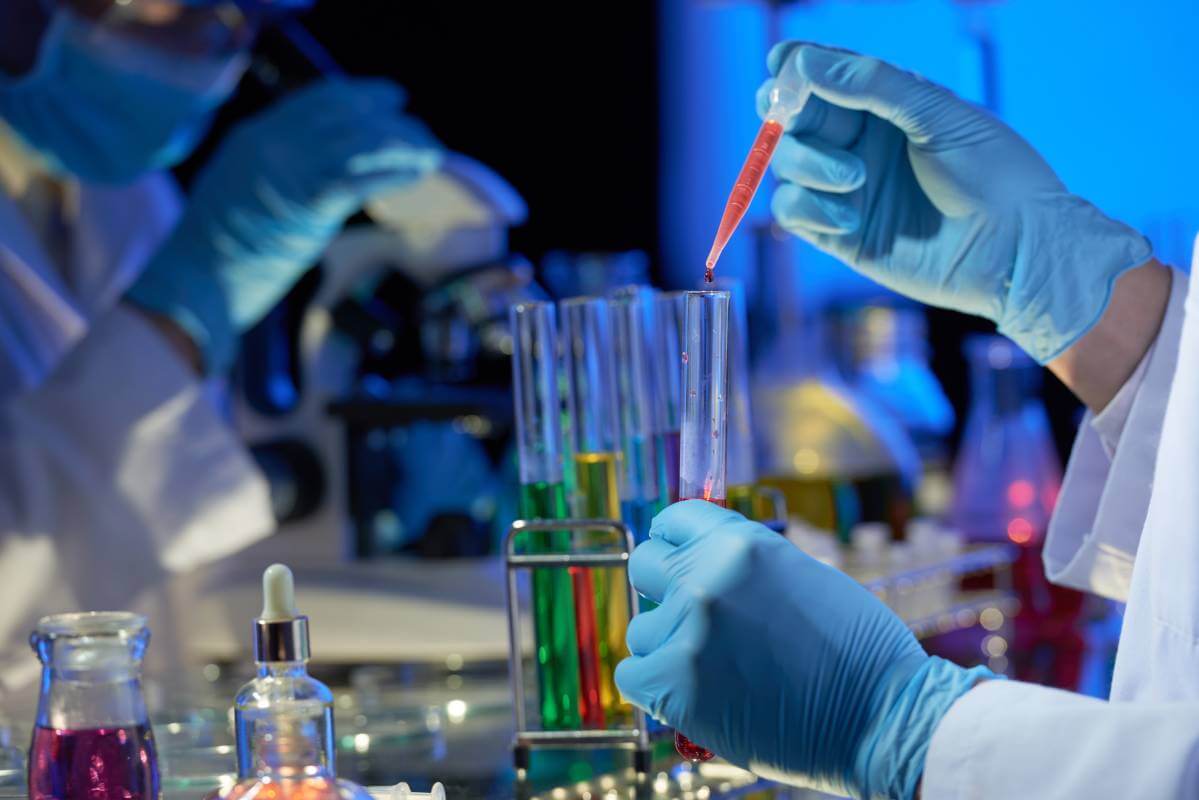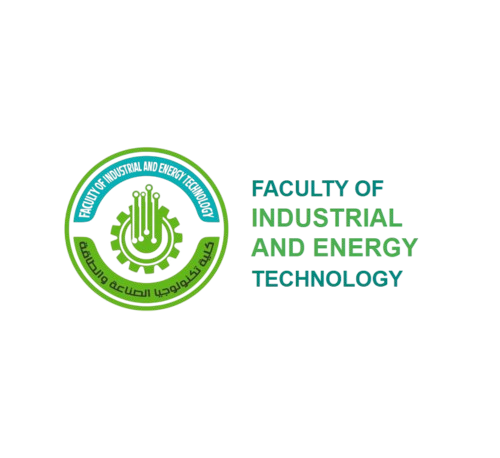
 Software Development
Software Development
Software development is the process of designing, creating, testing, and maintaining computer programs and applications. It involves writing code using programming languages (like Python, Java, or JavaScript) to solve problems or automate tasks.

 Network
Network
Network engineering is a field within information technology focused on designing, implementing, managing, and maintaining computer networks that support voice, data, video, and wireless services.

 Artificial
Intelligence
Artificial
Intelligence
Artificial Intelligence (AI) is a branch of information technology that focuses on creating systems and machines capable of performing tasks that normally require human intelligence. These tasks include learning, reasoning, problem-solving, understanding language, and recognizing patterns or images.

 Digital Communications
Digital Communications
Digital communication is the process of transmitting information using digital signals, typically through electronic devices and computer networks. Unlike analog communication, which uses continuous signals, digital communication converts data into binary format (0s and 1s) for more efficient, reliable, and noise-resistant transmission.

 Textile Technology
Textile Technology
Textile technology is the study and application of scientific and engineering principles to the design, production, and processing of fibers, yarns, fabrics, and garments. It covers a wide range of topics including fiber science, fabric manufacturing, dyeing, finishing, and quality control.

 Tractor and Agricultural
Equipment Technology
Tractor and Agricultural
Equipment Technology
Tractor and Agricultural Equipment Technology focuses on the design, operation, maintenance, and innovation of machinery used in modern agriculture. This includes tractors, harvesters, plows, irrigation systems, and other farm tools. The field combines mechanical engineering, hydraulics, electronics, and automation to improve farming efficiency, productivity, and sustainability.

 Food Industry
Technology
Food Industry
Technology
Food Industry Technology involves the application of science and engineering to the processing, preservation, packaging, and distribution of food products. It focuses on ensuring food safety, quality, and sustainability while meeting consumer demands and regulatory standards. This field includes innovations in automation, biotechnology, and quality control to improve efficiency and reduce waste in the food production chain.

 Railway Technology
Railway Technology
Railway Technology is the study and application of engineering and technological principles in the design, construction, operation, and maintenance of railway systems. It covers areas such as train mechanics, track infrastructure, signaling systems, electrification, and safety protocols.

 Pharmaceutical
Technology
Pharmaceutical
Technology
Pharmaceutical Technology is a branch of science that focuses on the development, production, and quality control of pharmaceutical products. It involves the application of engineering and scientific principles to formulate, manufacture, and deliver medications safely and effectively.

 Dental Implant Technology
Dental Implant Technology
Dental Implant Technology is a specialized field within dentistry that focuses on the design, development, and placement of artificial tooth roots (implants) to support dental prosthetics like crowns, bridges, or dentures. It combines biomedical engineering, materials science, and surgical techniques to restore oral function and aesthetics.

 Specialized Healthcare
Technician
Specialized Healthcare
Technician
Specialized Healthcare Technicians are trained professionals who support medical teams by operating advanced equipment, performing diagnostic tests, and assisting in patient care within specific areas of healthcare.

 Health Informatics
Management
Health Informatics
Management
Health Informatics Management is the integration of information technology, healthcare, and data management to improve patient care and healthcare operations. It involves the collection, analysis, and secure storage of health data, as well as managing electronic health records (EHRs), ensuring data privacy, and supporting clinical decision-making.
